
Construction is the art of designing and creating buildings, roads, or infrastructure.
No matter the magnitude of your commercial development, you will need someone to manage the project intelligently.
You may feel the need to save on cost and undertake minor responsibilities yourself, but it is wise to outsource complex tasks to an expert.
Types of Construction
Construction is classified into several categories.
- Residential construction
Mainly focuses on the construction of family homes, apartments, condominiums, and townhouses.
- Federal/state construction
This deals with the construction meant for government entities such as courthouses and administration buildings.
- Commercial construction
Entails developing business premises, offices, rental spaces, warehouses, hospitals, and shopping malls in addition to designing and renovating business entities.
Commercial construction is a subdivision of the wider building sector that concentrates on commercial premises for the private sector. Selling, buying, and leasing of property for business purposes is a significant attribute of commercial construction.
Categories of Commercial Construction
There are many types of commercial construction projects that a general contractor can handle. They are categorized depending on the magnitude of the project. The total cost of the project will depend on its volume.

Small Scale Projects
Small commercial projects involving space renovation, structure redesigning, and office repair work constitute small-scale construction.
Medium-Scale Projects
Over time, buildings get dilapidated and run-down and lose their flair; hence, they need additional sprucing to become habitable. Some of these projects include building restructuring, different structure extensions, remodeling, and makeovers.
Large-Sale Projects
Large scale construction starts from scratch, engaging the services of an architect to design the structure based on the owner's specifications. The magnitude of the building is enormous and requires a lot of time, adequate preparation, and detailed research to ensure project success.
After purchasing land and zoning is complete, construction is ready to commence. However, demolition of an old structure may be a challenging factor that may cause some delay.
Types of Commercial Structures
1. Office Buildings
There are two types of office buildings; urban and sub-urban. Urban offices are constructed in large cities and comprise high-rise properties and skyscrapers, while suburban offices are smaller and found out of towns.
Office buildings rank in three categories.
The first class comprises impressive buildings that charge high rental fees and have superior quality finishes, state of the art infrastructure, exceptional accessibility, and fixed market existence.
The second class consists of buildings offering competitive rent. Building finishes are averagely decent, and infrastructure reasonably good.
The third class consists of low priced functional working spaces that charge below-average rent.
2. Retail Properties
Retail buildings accommodate merchants and businesses that serve the consumers. They may include restaurants, malls, and companies that drive traffic to the premises.
3. Industrial Properties
These accommodate industrial operations mostly located in the suburbs along major or busy highways. They appear in four varieties.
- Heavyweight Manufacturing
Customized buildings for heavy-duty operations and machinery for large scale production of goods and services.
- Lightweight Assembling
Premises for mild production that include product assembly and storage of goods.
- Warehouse
They are large properties that act as distribution outlets, which double up as storage facilities.
- Flex Industrial
Encompass a mixture of both industrial and office spaces.
4. Hotel
Commercial construction includes establishments providing accommodation and eateries. They operate under different categories.
- Limited-service does not have room service, eateries, or concierge
- Full-service includes room service with a restaurant on site
- Boutique has fewer rooms with full-service facilities
- Casino has an inclusion of a gaming section
- Extended-stay consists of large rooms with a fully functioning kitchen designed for extended accommodation
- Resort occupy large tracts of land with the presence of a golf course, park, or enjoyment facility and offer full-service
5. Special Purpose Real Estate
Special-purpose real estate properties meant for constructing amusement parks and churches.
Benefits of Hiring a Commercial Construction Company

Save Time
Passing over the task to an expert has many benefits and will free your time to concentrate on other duties. A skilled workforce will complete tasks in a shorter time, which will save on resources and finance.
Safety
Employees and customers will feel safer in the assurance that the project is in the hands of professionals who can handle arising challenges. Note that their competent advice and input will adhere to safety measures.
Eradicate stressful moments by outsourcing to specialists experienced to detect arising issues on the property and thereby freeing your time to concentrate on your business's core operations.
Image
A good construction company will deliver a unique and flawless property that will attract attention and give a professional image of your company. No matter the magnitude of the project, a well-structured and designed sight will attract many potential customers within your vicinity. Visitors to your premises will remain in awe at the impressive, desirable, professionally done finishes.
Factors to Consider Before Commencing a Commercial Construction
Investing in a new project requires commitment and dedication from you and your employees to get the job completed.
Be clear on the type of commercial construction you want to undertake. Each project has its unique challenges and standards, whether retail, industrial, residential, office or structure for a particular purpose.
As you research different aspects of this venture, below is a list of factors you must reflect on.

1. Location
Choose a strategic region suitable for commercial development in addition to enabling an easy flow of traffic. Survey the location and estimate the number of potential customers or competitors.
Be aware of any upcoming development or infrastructure that may affect your commercial construction either negatively or positively. Further exploration is fundamental to determining the choice of your location.
2. Planning
Every commercial construction has its unique necessities. Design the building to accommodate both employees and customers. Consider the use of amenities such as high-speed wireless internet and parking spaces.
3. Budget and Finance
Consider a financial consultant's services to guide you in management and avoid a financial crisis. Reserve 10% of the budget as a reserve to meet any arising unexpected expenses.
4. Select a Contractor and Architect
Don't lose business during a construction project by drawing your management team away from their regular responsibilities. As a solution, hire a construction management team instead and let your staff concentrate on their everyday work.
Conclusion
Before you embark on a construction venture, spend ample time on research for guaranteed success. Whenever you’re ready to start construction, you can contact an expert construction management firm like Baycrest to manage your construction and renovation necessities.
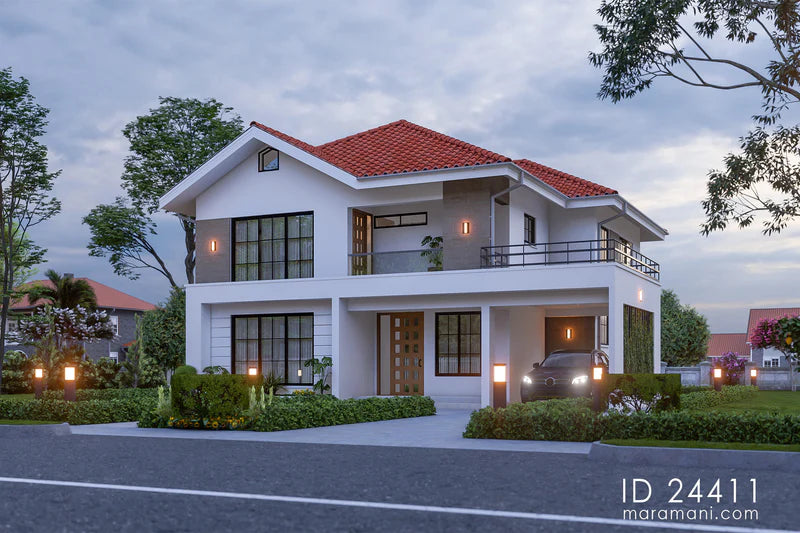
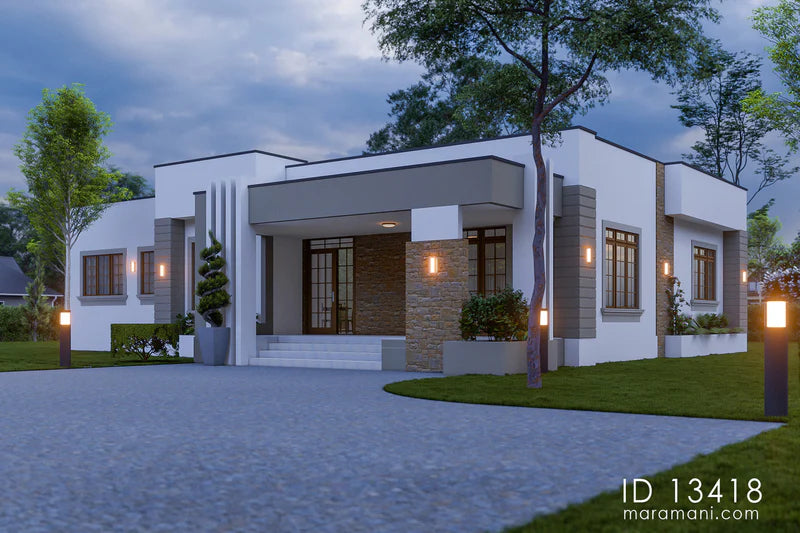
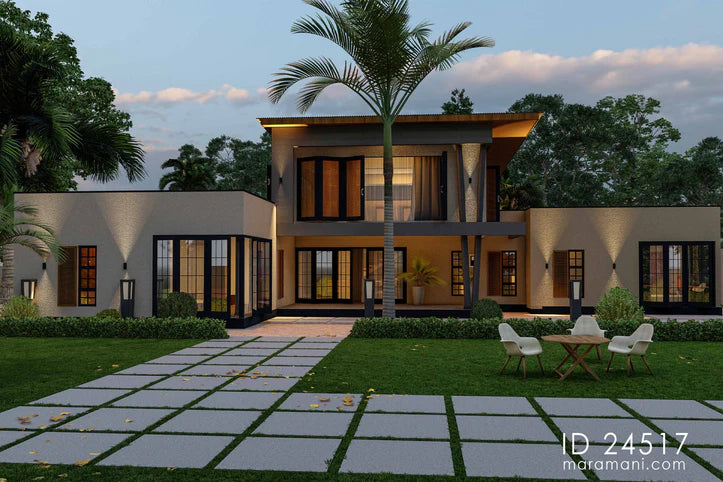
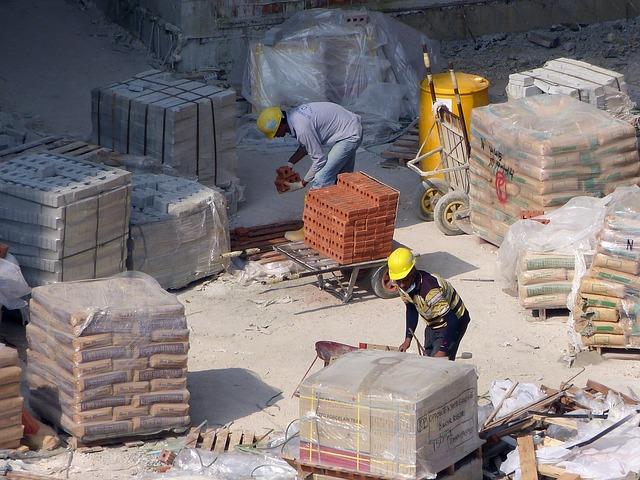

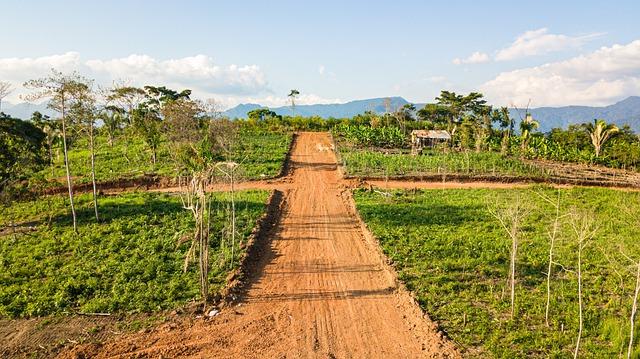
Leave a comment
This site is protected by hCaptcha and the hCaptcha Privacy Policy and Terms of Service apply.